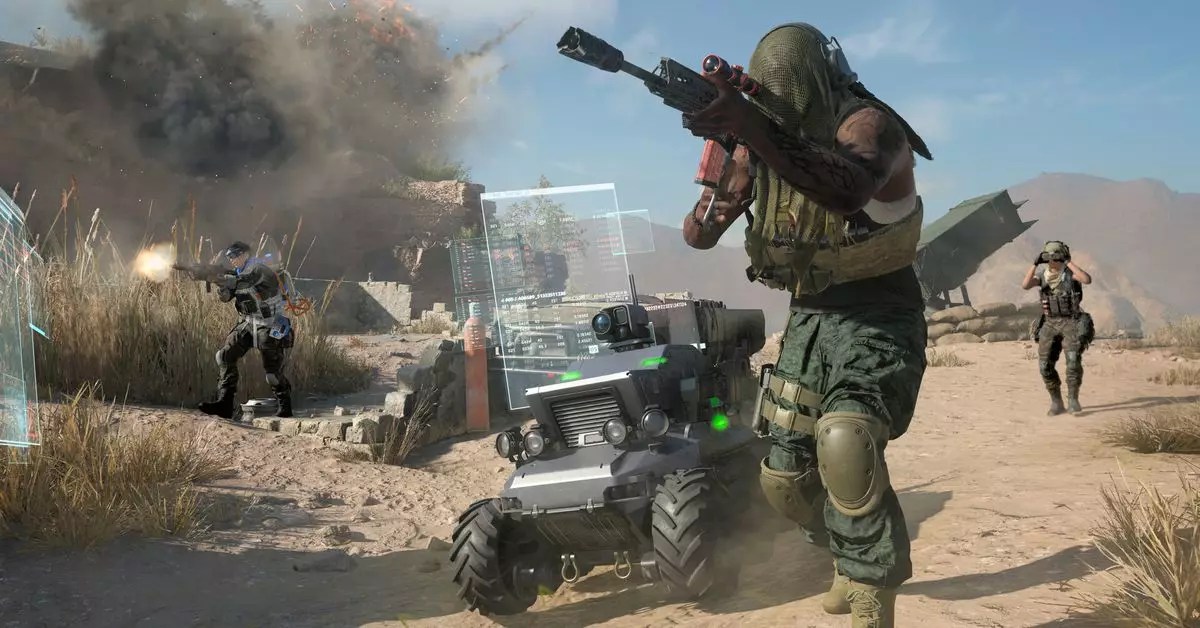The recent tragic school shooting in Uvalde, Texas has sparked yet another lawsuit against video game companies, Activision and Meta, as well as gun company Daniel Defense. The families of the victims are seeking justice for the lives lost by alleging that these companies promoted the use of firearms to underage boys, ultimately leading to the violent act. This case brings into question the influence of video games on real-world violence and raises concerns about the responsibility of companies in shaping the behavior of young individuals.
The lawsuit filed in the Los Angeles Superior Court claims that Activision and Meta exposed the shooter to the weapon, conditioned him to view it as a solution to his problems, and trained him to use it. Furthermore, it accuses both companies of “grooming” young men and steering them towards violent behaviors. The families also hold Daniel Defense accountable for promoting its firearms to minors through social media, specifically Instagram, where the gunman obtained the AR-15 used in the shooting. These allegations shed light on the potential dangers of unchecked marketing practices and the impact they can have on impressionable minds.
While video game companies like Activision have long faced criticism for the violent content in their games, they have consistently denied any link between video games and real-world violence. Research has shown that there is no direct correlation between playing violent video games and engaging in violent behavior. However, the lawsuit against Activision and Meta challenges this notion by asserting that these companies are not simply providing entertainment, but are actively promoting violence to young individuals. This raises questions about the ethical responsibilities of video game companies in shaping societal norms and values.
One of the key legal issues in this case is the application of Section 230, which provides immunity to online platforms from civil lawsuits based on user-generated content. While platforms like Instagram are generally protected under this law, the lawsuit argues that targeted advertising and marketing practices create a different scenario. By allowing gun companies to reach out to young consumers and glorify combat, these platforms may be indirectly contributing to the normalization of violence among adolescents. The debate over Section 230 highlights the need for a more nuanced approach to regulating online content and advertising.
The lawsuit against Activision, Meta, and Daniel Defense brings to light the complex relationship between video games, social media, and real-world violence. While the influence of video games on behavior remains a contentious issue, this case highlights the need for greater accountability and transparency in the way companies market their products, especially to vulnerable populations. As the legal proceedings unfold, it will be important to consider the broader implications of this case on the regulation of online content and the protection of public safety.


Leave a Reply